 (CBCP) —The issuance by the Supreme Court of a status quo ante (SQA) order against Republic Act (RA) 10354 today has indicated that the petitions filed against the law triumphed in showing the vital need for the high court to study the petitions further, a lawyer said.
(CBCP) —The issuance by the Supreme Court of a status quo ante (SQA) order against Republic Act (RA) 10354 today has indicated that the petitions filed against the law triumphed in showing the vital need for the high court to study the petitions further, a lawyer said.
“The Supreme Court is giving proper attention to the petitions and has decided to give a 4-month cool-off period in order for the parties to prepare for the oral arguments in June. It also means that the petitions have succeeded in ‘presenting a justiciable case worthy of the SC’s time and judicial attention as the highest court of our country’,” explained Atty. James Imbong, Petitioner and/or Legal Counsel of the Petitioners in the case titled Spouses Imbong vs. Executive Secretary, et al., and the first to file a petition against the RH law, on January 2 this year.
The issuance of an SQA order in whatever case indicates a “not to make a move” directive, in that the court decides to “keep things as they were in the beginning,” the lawyer explained, adding that by “beginning” is meant the moment the case was filed before the court.
Today’s development was not due to merits of the case but was a practical action by a court.
“Practical because the court simply wants the parties ‘not to make a move’ while the court is going into the merits of the controversy itself,” Imbong said. “In the case of the SQA order against the RH law, this means that the court, as sole arbiter of judicial questions, has determined that a 4-month status quo period is sufficient to allow the court to review the merits of the case – which culminates in the oral argument on June 18.
With a vote of 10-5, the SC halted the implementation of the RH law for 120 days or four months.
Those who voted for the status quo ante order were Teresita de Castro, Arturo Brion, Lucas Bersamin, Diosdado Peralta, Presbitero Velasco Jr., Roberto Abad, Bienvenido Reyes, Jose Mendoza, Jose Perez, and Martin Villarama Jr.
Those who voted against the order were Chief Justice Ma. Lourdes Sereno, Antonio Carpio, Mariano del Castillo, Marvic Leonen, and Estela Perlas-Bernabe.
Since the RH law has been legally put on hold, Imbong underscored the need for citizens to be alert in the next several months as regards any implementation by government bodies or officials of reproductive health-related activities.
“While the SQA order is in effect, we must all be vigilant in our own communities and circles of vocation. If you are able to witness any government agency or official engaging in RH law-related activities, the best thing to do is to gather information about that incident – who, what, where, when – and transmit your observations to any of our pro-life attorneys so that we can determine if any violation of the SQA order has been committed,” he explained.
The lawyer also enjoined the people to look to the high court with more faith as it carries out its duty pertaining to studying the case in the next four months.
“It is worth stressing that the SC is the highest judicial body in our legal system. Thus, we must put our full trust and confidence in their office because their highest duty is to decide cases that challenge the unconstitutionality of a particular law, in this case the RH law,” Imbong said.
The highly divisive bill was earlier scheduled to be fully implemented on Easter Sunday, which Filipinos called “Pasko ng Pagkabuhay.” (CBCP for Life)
- Eco-airport of Bohol Panglao International opens for commercial flights - November 30, 2018
- Award for Mocha came from alumni group, not from UST - January 22, 2018
- Delos Santos stays as BuCor chief despite resignation, but for a while - July 17, 2017



































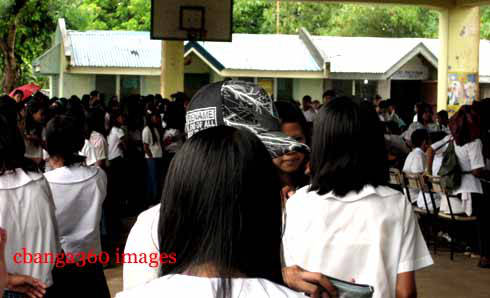












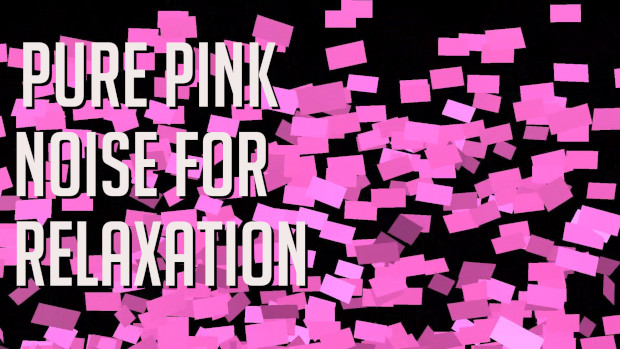



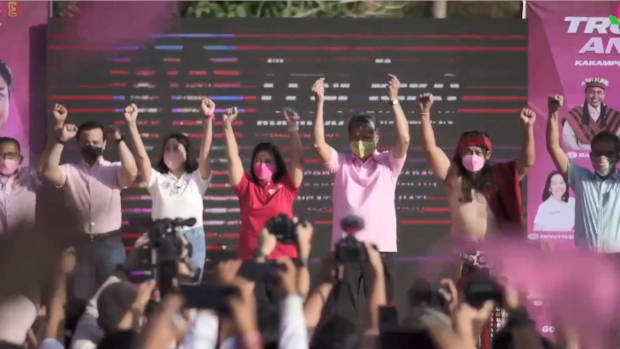


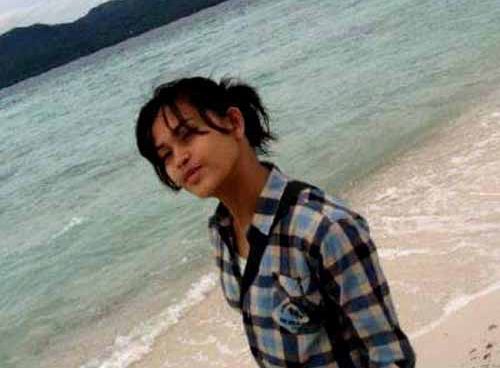

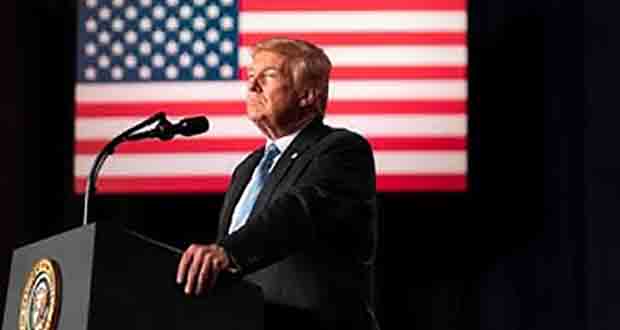

sa bakasyon ako mabasa kan cbanga.busy pa ko maray.